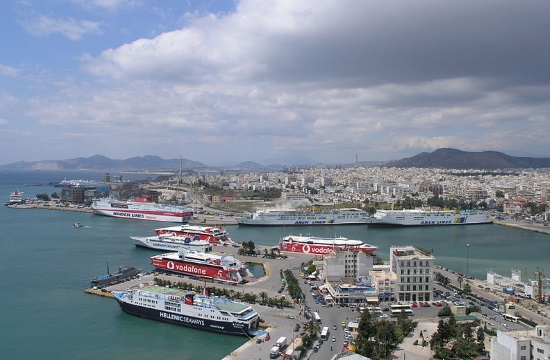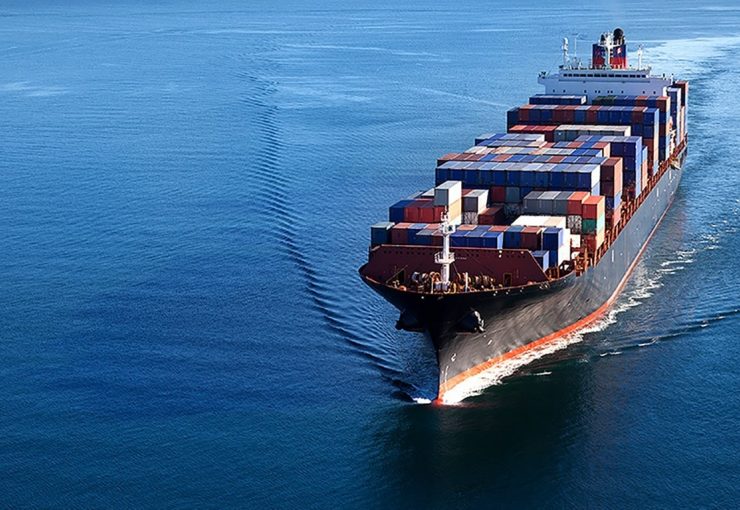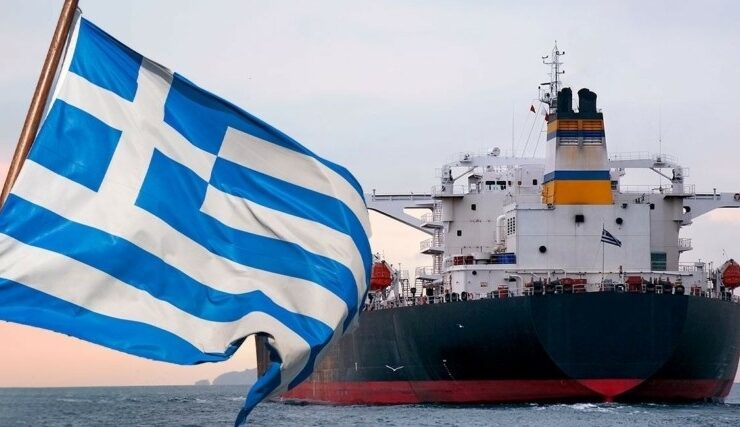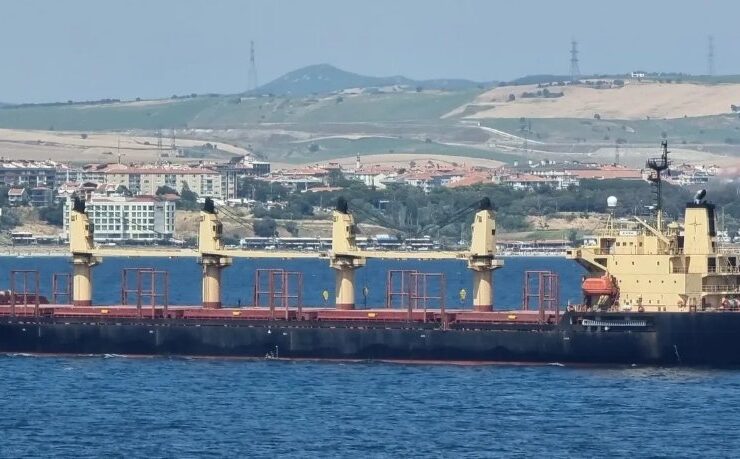South Korean shipbuilder HD Hyundai Mipo has confirmed it is in talks for a new contract following a Seoul Shinmun report of a potential $1.55 billion deal. The agreement involves building 20 container ships for a Greek shipowner, in collaboration with affiliate HD Hyundai Samho, with deliveries slated for 2027-28. While the company acknowledged the negotiations in a regulatory filing, it offered no further details on the prospective order.
Tag: global shipping
Chinese-owned shipping companies are increasing purchases of second-hand ship and are thus widening the gap…
In March 2025, the Greek-owned fleet reached a record 4,221 ships, up from 4,212 the previous year, solidifying its global maritime dominance, according to the Greek Shipping Cooperation Committee. Despite a slight capacity drop of 1.11 million dwt, Greek shipowners are increasingly turning to EU flags, with 1,414 vessels now registered, while the Greek flag registry fell to 480 ships.
As of January 1, 2024, the Greek-owned fleet remains a leader in the global shipping industry, with a total capacity of 394.97 million deadweight tons (dwt), accounting for 16.9% of the world’s transport capacity, according to the latest UNCTAD annual report. The fleet also represents 11.8% of the global fleet’s commercial value. While Greece holds the top position, Asian countries, particularly China and Japan, continue to show strong competition. China’s fleet ranks second with 309.8 million dwt, followed by Japan at third with 242.36 million dwt.
Greek shipping companies are increasingly targeted by Yemen’s Iran-backed Houthi rebels, with several warning emails causing alarm in the industry. As geopolitical tensions rise in the Middle East, navigation through the Red Sea has become perilous, forcing numerous companies to reroute their vessels via longer routes around Africa.
In 2023, Greek shipowners maintained their lead in global shipping and emerged as pioneers in the construction of environmentally friendly ships. Their order volumes nearly doubled in the first half of 2024, showcasing a strong commitment to green investments and eco-friendly vessels.
Evangelos Marinakis received an honorary Doctorate from the Massachusetts Maritime Academy for his significant contributions…
In the wake of sanctions following the invasion of Ukraine, Greek shipping magnates have seen…
Yemen’s Houthi militants have escalated attacks on shipping vessels, targeting the Rubymar cargo ship in…









